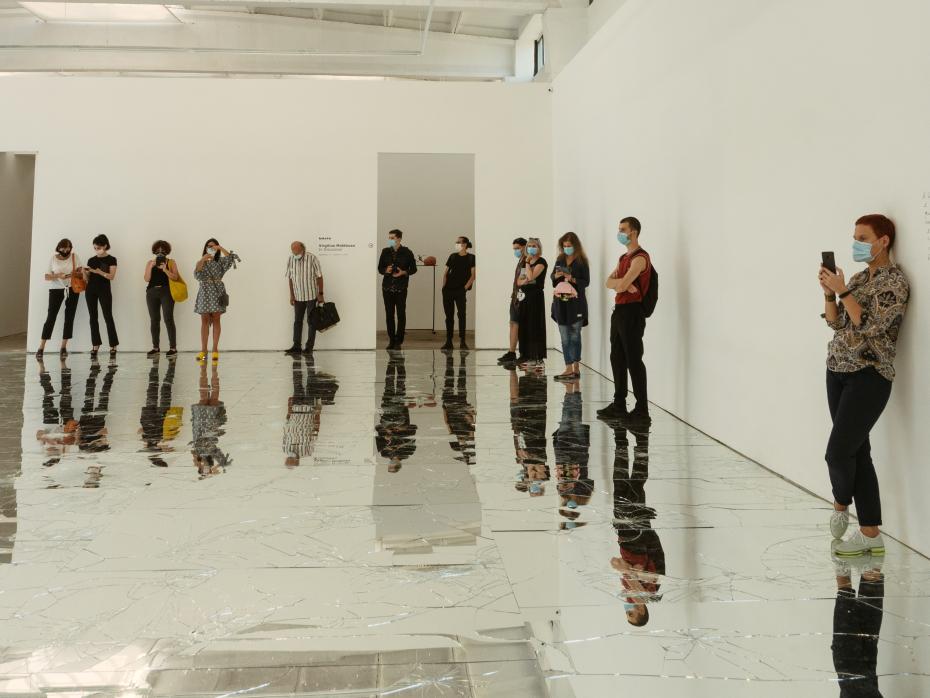What’s the most direct route to a professorship? Increasingly, universities are offering promotional routes for staff employed on teaching and learning contracts. However, we’ve found that many teaching and learning practitioners are unsure how best to accrue the necessary evidence. They know it is not enough to just be an outstanding teacher, but how can they demonstrate their reach, value and impact?
Lots of universities are asking for scholarship – but it’s not always clear what they are looking for under these criteria. The simplest way to define scholarship is that it is focused on higher education, it’s shared with others, it can be evaluated and it can be implemented by other people.
- Writing about the day job: levelling up scholarship across higher education
- How to raise the bar on the teaching section of your CV
- ECRs can still evidence leadership and management skills on their CVs
Here, we share seven tips for producing examples of scholarship outputs that don’t involve a three-year project and a track record of research.
Start close to home: Your university wants you to contribute your ideas, so make the most of departmental meetings, faculty development events and internal university teaching and learning conferences. Reach out to your institutional central teaching and learning unit to see if there are opportunities for you to disseminate your practices via their academic development programmes. Once you know your ideas work, take them out to the wider world.
Think “buy one, get one free”: A good way to start is to think about what you’re already doing in your classroom, and how you can disseminate it to make it public. Everyone is trying to do more with less, so getting extra value from your teaching and using it to produce some scholarship outputs is an effective way to deliver on the scholarship agenda.
For example, if you’ve tried different ways to get students to attend your classes, write about what worked. If you’ve found a great way to teach maths to students of other disciplines, perhaps put your materials into a textbook. Have you identified better ways to support disabled students or to close the Black-white awarding gap in your institution? We guarantee other people want to know about it.
Look beyond the traditional dissemination routes: We tend to think books, papers and conferences when we talk about dissemination of scholarship. But these are only three possibilities, and they can seem daunting at first. Instead, think about newspaper articles, blogs, online videos and podcasts. Many websites (such as YouTube) will also include viewing figures or downloads which can be used as evidence of your reach. Education associations (such as Advance HE or the QAA), along with professional subject-related bodies, will often have their own newsletters, blogs, events and conferences for teaching-related topics, and they may be looking for case studies and toolkits for their websites. Make the most of your teaching and learning materials by turning them into open-education resources and sharing these via repositories, such as the National Teaching Repository or LearnHigher.
Target and maximise your audience: Who will care about what you are sharing? Consider writing for them, in the places that they use already. Writing about student employability? See if AGCAS will share your ideas. If you’re working on personal and academic tutoring, look to the UK Advising and Tutoring Association. There are lots of organisations out there who have an interest in the various aspects of academic life that you will be thinking about, so try to find them. Writing articles such as this in THE Campus will reach a far wider audience than a traditional journal article. Through such outputs, you’ll reach some of the decision makers, such as university and service leaders, so you can have rapid impact on practice in response to emerging issues in the sector. Further, these publishers will typically promote your article via their social media platforms, increasing awareness of your work.
Create your network: Get to know the other people who are working in the same field. You can find them at conferences, on social media, or even just send them an email to introduce yourself and ask if they can spare time for an online meeting. Scholarship can sometimes feel isolating, but there is a community of people who are trying to solve the same problems that you are. Getting to know them opens up opportunities for collaboration and co-authorship, speaking invitations, peer review and critical friendship or mentoring – invaluable when you’re looking to develop your profile and progress your career. You will need people across the sector to recognise your name if you aspire to professorship in your future, as they may be asked to review your application or provide a reference.
Make the most of professional memberships: Your university will likely be an institutional member of multiple teaching and learning associations, such as Advance HE and the QAA. These organisations will offer a range of forums where you could share your work with the wider higher education community. Similarly, there may be teaching and learning-related funding opportunities for which you could bid. To keep up to date, make sure that you are signed up for corresponding newsletters or contact your institutional representative for more information. Equally, if you have a personal membership for associations related to your subject area, consider how you can make the most of associated dissemination and development opportunities, especially if these include support for those new to producing scholarly outputs.
Keep track of your outputs and impact: Keep a record of where and when you have disseminated your work. Likewise, seek to collect evidence of how your work has impacted on others’ practices. Follow up on those discussions at networking events to see how their application of your work has turned out in the longer term.
So, what next? Have a go! There really is nothing to lose by trying, and you’ll get feedback along the way. Like all skills, scholarship improves with practice, so the more you do it, the better you’ll get.
Steve Briggs is director of learning and teaching excellence at the University of Bedfordshire and Julie Hulme is professor of psychology education at Nottingham Trent University.
If you would like advice and insight from academics and university staff delivered direct to your inbox each week, sign up for the Campus newsletter.




comment